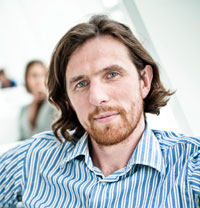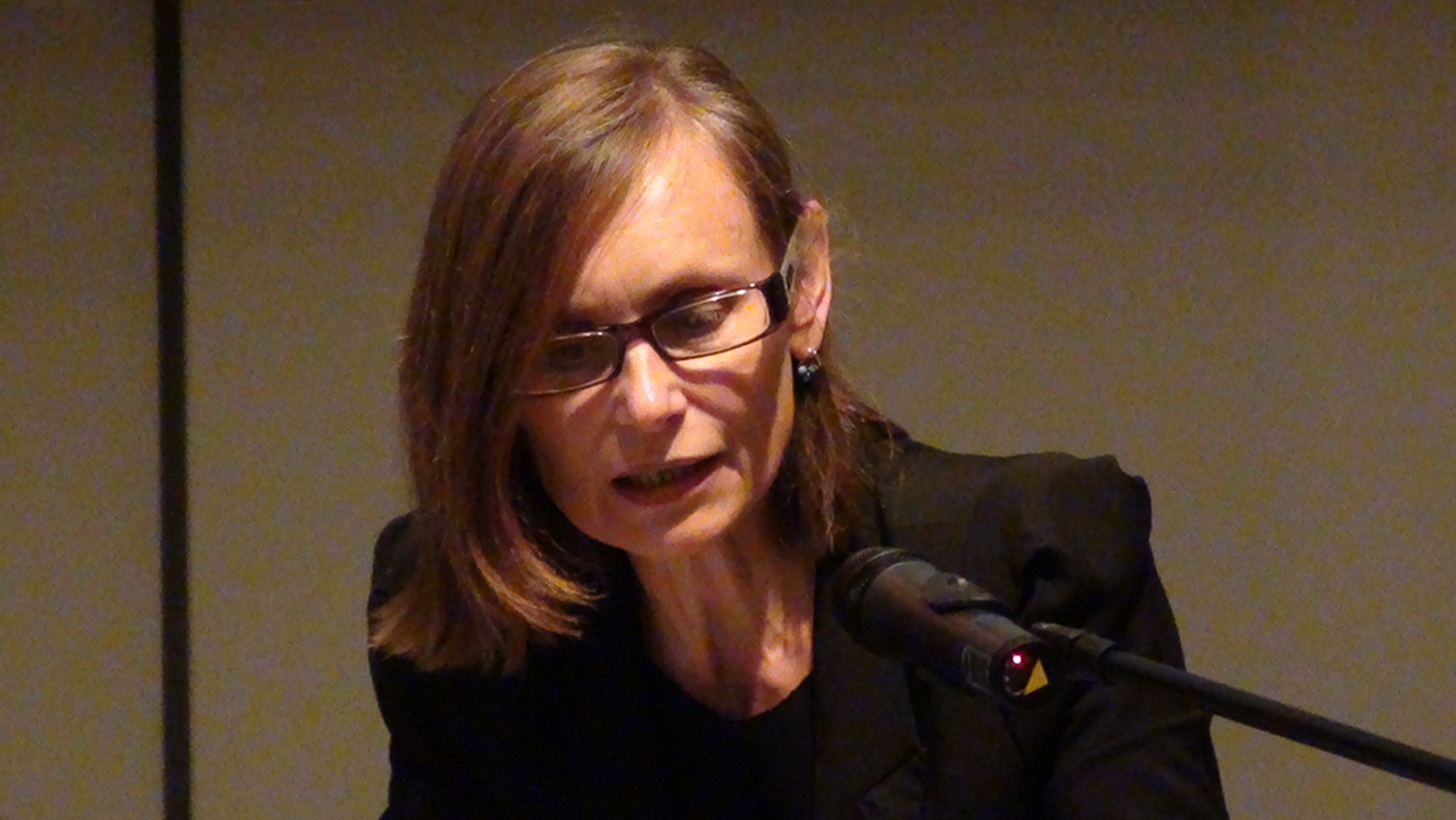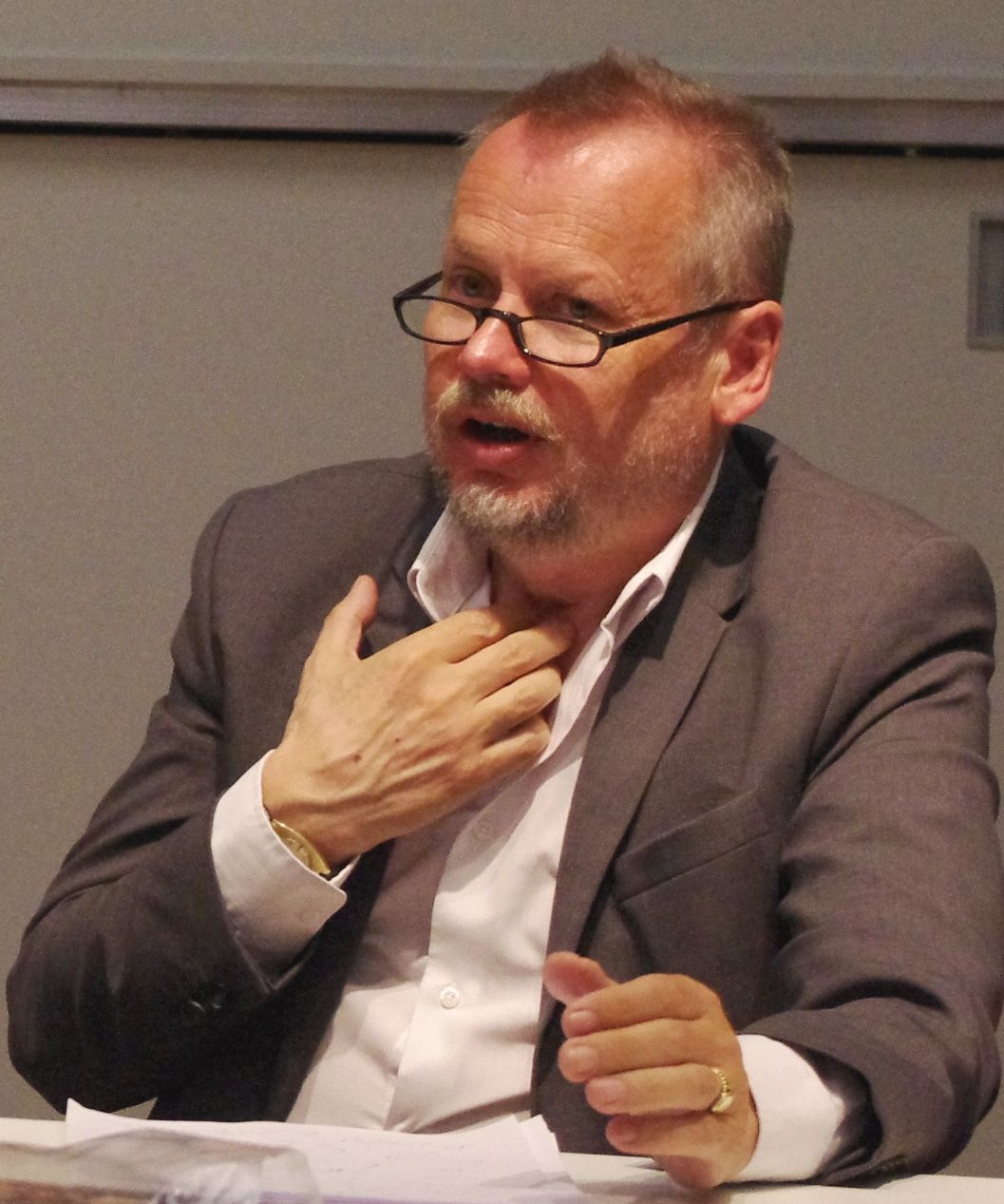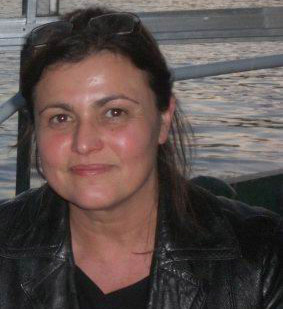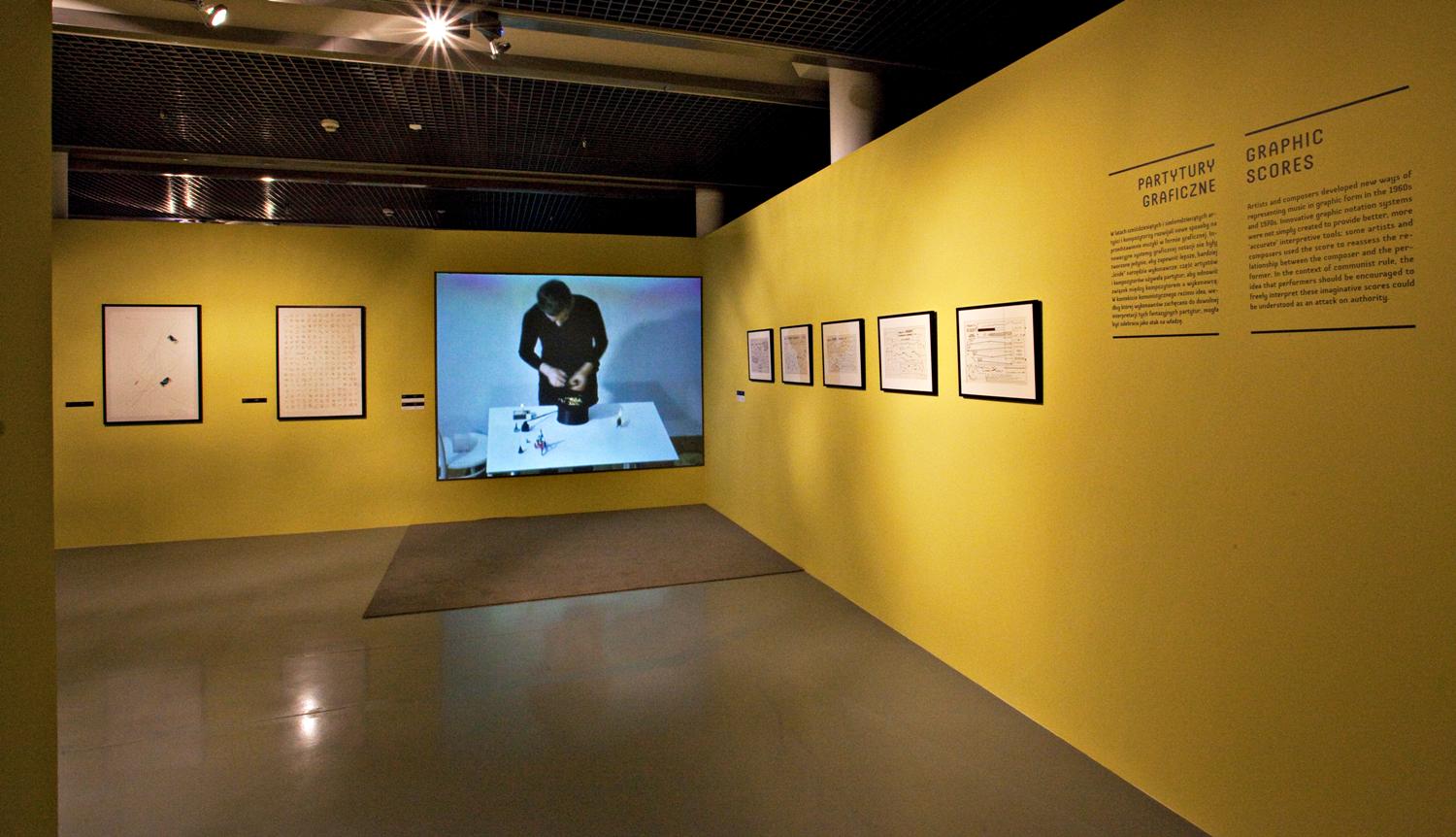Interview with Bjorn Geldhof (PinchukArtCentre, Kyiv)
Since he began working at the PinchukArtCentre in 2009, artistic manager and curator Bjorn Geldhof’s curatorial intelligence has caught the attention of local artists and viewers. As curator of the past few annual Future Generation Art Prize exhibitions (as well as the solo shows of Candice Breitz, Damian Ortega, Olafur Eliasson, Jeff Wall, Gary Hume and Anish Kapoor, among others), Geldhof has played an important role in shaping the institution’s mode of mediating the encounter between artworks by both international and Ukrainian artists and the PAC’s vast audience. The PinchukArtCentre remains Ukraine’s most visited institution devoted exclusively to contemporary art, … Read more

